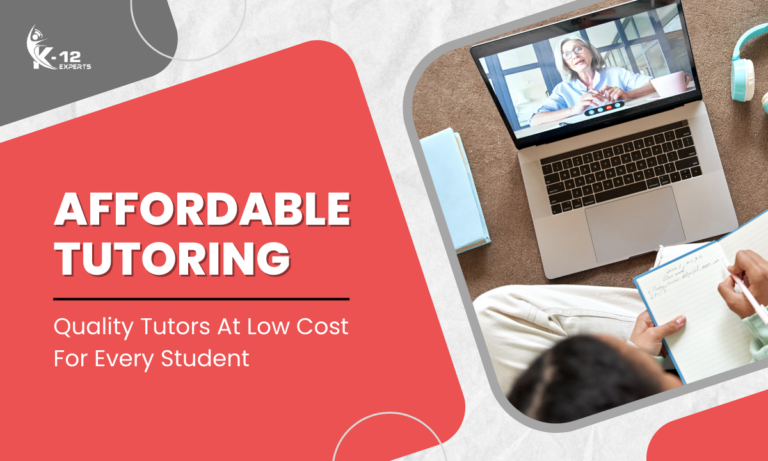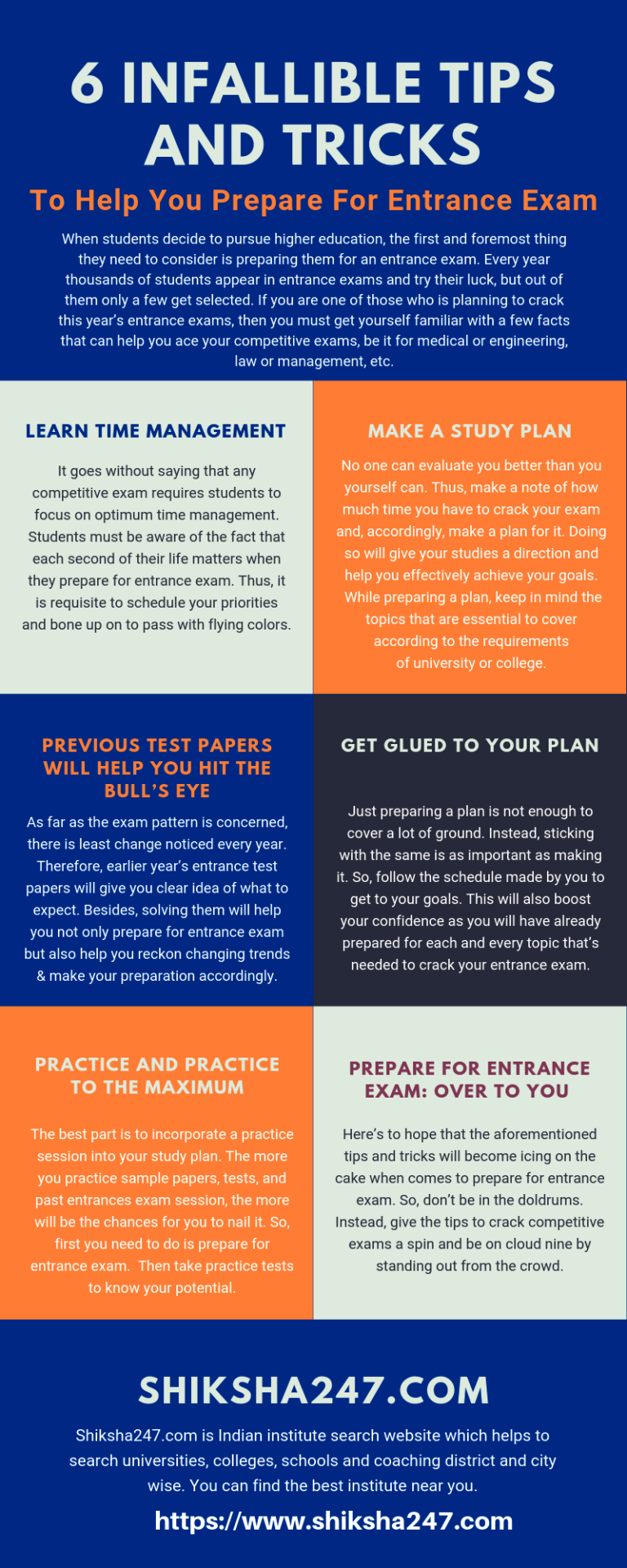Education Consulting Business Ideas: Unlocking Opportunities in the Growing Education Sector
The education sector is evolving at a rapid pace, and with it comes a wealth of opportunities for entrepreneurs interested in making a meaningful impact. Education consulting has become a thriving industry, as institutions, parents, and students alike seek expert advice and tailored solutions to enhance learning experiences. Whether you’re passionate about curriculum development, career guidance, or special education, the scope for education consulting businesses is vast. This article explores some of the top education consulting business ideas, helping you identify a niche that aligns with your expertise and market demand. If you’re considering starting an education consulting business, now is the perfect time to dive in.
Why Start an Education Consulting Business?
Education consulting is a highly rewarding industry, not only in terms of profitability but also in making a difference in people’s lives. Schools, colleges, universities, and even individual learners are constantly looking for experts who can offer guidance, advice, and strategies to improve educational outcomes. As a consultant, you can provide insights on various aspects of education, from teaching methodologies to institutional management and curriculum design. With the right combination of skills, knowledge, and market understanding, education consulting can become a sustainable and impactful business that caters to a growing global demand.
Top Education Consulting Business Ideas for 2025
If you’re ready to enter the education consulting field, there are several promising business ideas that you can explore. These ideas focus on addressing the unique challenges faced by educational institutions, parents, and learners, offering valuable solutions:
- Curriculum Development and Instructional Design: As education moves towards more personalized and dynamic learning, there’s a rising demand for custom curriculum development. Education consultants specializing in curriculum design work with schools and educational institutions to create engaging, effective, and relevant learning plans. Consultants may also assist in training teachers to implement these curricula effectively.
- College and Career Counseling: College admissions are becoming increasingly competitive, making college and career counseling a vital service for students. Education consultants can help high school students navigate the college application process, select the right universities, and explore scholarship opportunities. Additionally, career counseling services guide students in identifying their strengths and aligning their education with their career aspirations.
- Special Education Consulting: With an increasing focus on inclusive education, special education consulting has emerged as a crucial service. Consultants in this field work with schools and families to create personalized education plans (IEPs) for students with disabilities. They also advise on best practices for creating inclusive classrooms and provide guidance on legal and policy issues related to special education.
- Technology Integration Consulting: The rise of digital tools in the classroom has created a demand for consultants who specialize in educational technology. These consultants help schools integrate digital platforms, learning management systems (LMS), and other tech tools into their classrooms to enhance learning. They also train educators on using these tools effectively to improve student outcomes.
- Test Preparation and Academic Coaching: Academic performance is a key concern for many students, and test preparation is a booming business. Consultants offering services in test prep help students prepare for standardized exams such as the SAT, ACT, GRE, and more. Additionally, academic coaches work with students to improve study skills, time management, and goal-setting techniques, ensuring they perform at their best.
How to Get Started with Your Education Consulting Business
Starting an education consulting business requires careful planning, research, and networking. The first step is to identify your area of expertise and passion within the education sector. Once you’ve chosen your niche, it’s important to establish a strong brand identity and market your services to potential clients. Building a website, utilizing social media platforms, and attending educational conferences or events are great ways to promote your consulting business. It’s also essential to stay updated with current trends in education, as this will allow you to offer the most relevant and effective solutions to your clients. Building relationships with educational institutions, teachers, and parents will also help you secure a steady stream of business.
Why Education Consulting is a Thriving Industry
Education consulting is thriving because of the increasing complexity of the education system and the constant demand for improvement. As educational systems around the world adapt to technological advancements, changing learning needs, and global competition, consultants are becoming crucial in guiding these transformations. Consultants provide a fresh perspective, expert knowledge, and specialized skills that enable schools and individuals to succeed. Furthermore, with more parents investing in their children’s education and seeking personalized learning solutions, the demand for education consultants will continue to rise. This trend positions education consulting as a viable business with long-term growth potential.
Frequently Asked Questions (FAQs)
1. What types of education consulting services are in demand?
High-demand education consulting services include curriculum development, college and career counseling, special education consulting, technology integration, and test preparation.
2. How do I start an education consulting business?
To start an education consulting business, define your niche, build a professional network, create a website, and develop a marketing strategy to promote your services. Stay informed on current educational trends to ensure your services remain relevant.
3. What qualifications do I need to become an education consultant?
While formal qualifications vary by niche, most education consultants hold degrees in education or related fields. Experience in teaching, administration, or a specific area of education (such as technology or special education) is also highly valuable.
4. How can I attract clients for my education consulting business?
Networking is key to attracting clients. Attend educational conferences, use social media, and leverage word-of-mouth referrals. Additionally, offering free resources like webinars or educational content on your website can help draw in potential clients.
5. Is the education consulting business profitable?
Yes, education consulting can be highly profitable, especially if you focus on high-demand niches and offer specialized expertise. The potential for growth is significant, especially as educational institutions and parents seek expert guidance to improve student outcomes.

